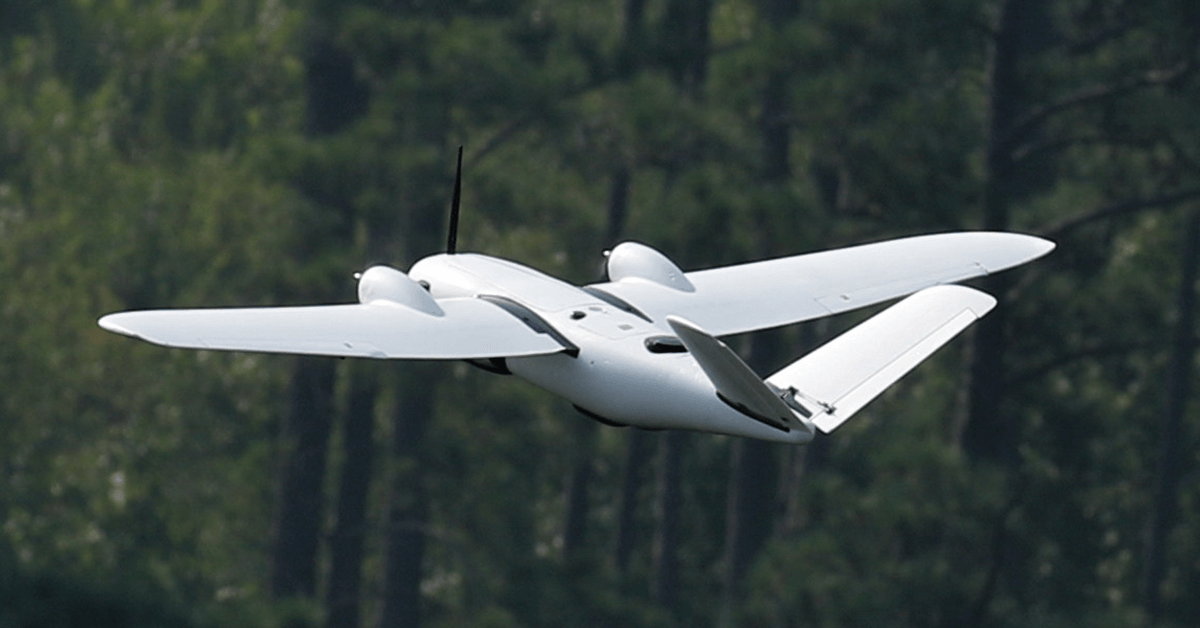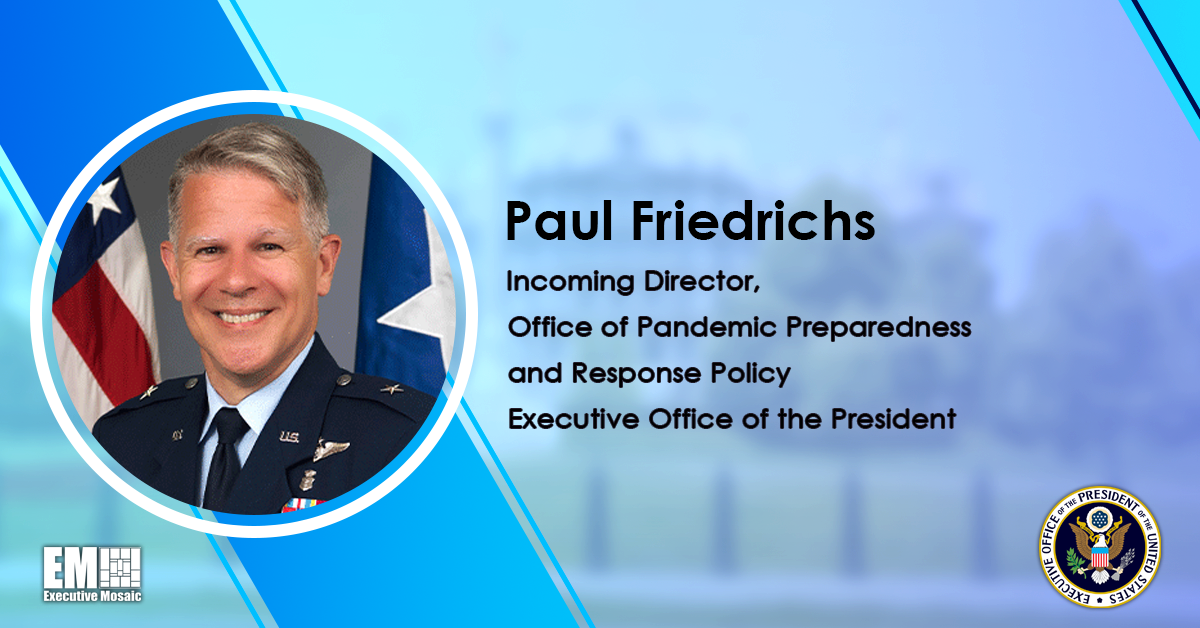The Department of Defense appointed three assistant secretaries and eight deputy assistant secretaries, who will take on the responsibilities previously assumed by the deputy chief technology officer.
DOD said Monday the new acting assistant defense secretaries are Steven Wax for science and technology, Maynard Holliday for critical technologies and Thomas Browning for mission capabilities.
Wax will retain his current role as principal deputy assistant secretary of defense for science and technology while performing his new duties. He will oversee three deputy assistant secretaries: Jagadeesh Pamulapati for S&T foundations, Kevin Geiss for S&T futures, and Robert Irie for S&T program protection.
Under Holliday’s supervision, Michael Holthe will serve as both acting DASD for applied technology and DASD for enabling technology.
Browning will be supported by Marcia Holmes, principal DASD for mission capabilities, as well as three other deputies. Paul Zablocky will handle multi-domain joint operations, Alex Lovett will focus on prototypes and experiments and Elmer Roman will be responsible for mission integration.
“The establishment of these roles within Research & Engineering better positions our team to execute upon our mission of preserving our nation’s technological edge, now and into the future,” said Heidi Shyu, undersecretary of defense for research and engineering.
“We thank our partners in Congress and across the DOD for getting us to this point,” added Shyu, a three-time Wash100 Award winner.













